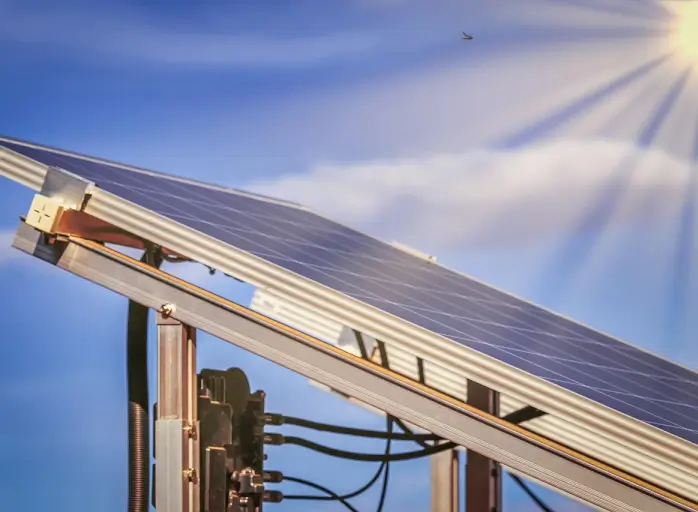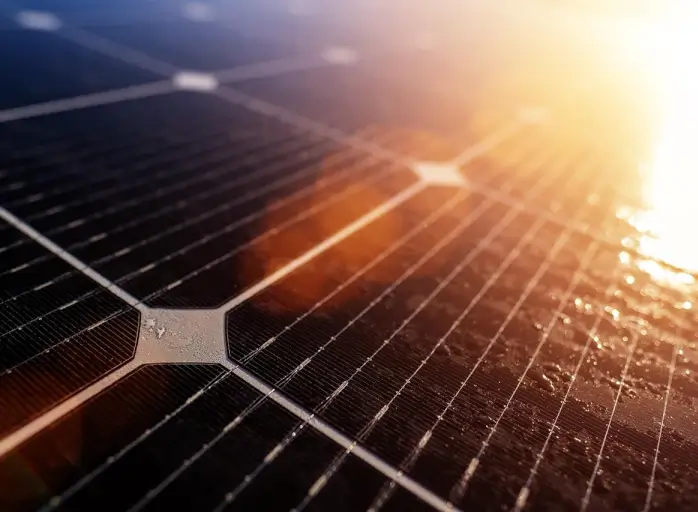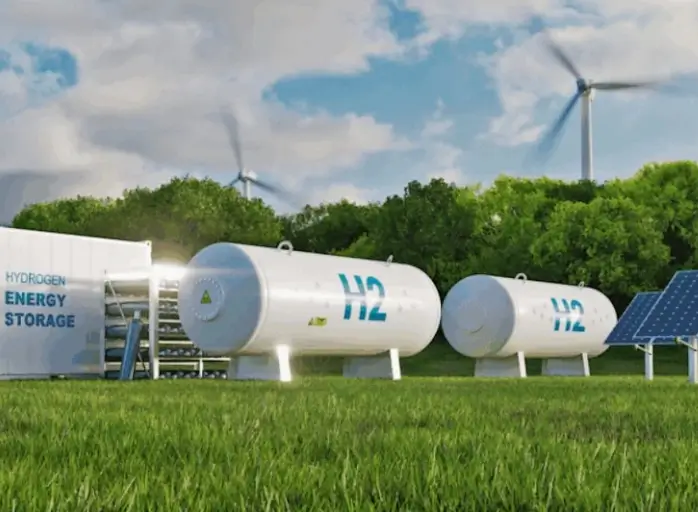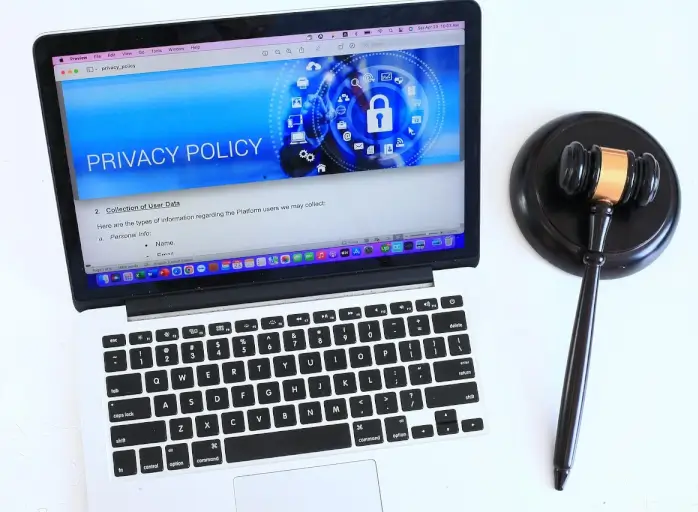
Study on the reuse of construction materials
Luxinnovation has just published a study on the feasibility of establishing a reuse platform for construction materials. Further efforts from all stakeholders are still required to advance this subject.
 Jean-Michel Gaudron
Jean-Michel Gaudron
How can the construction sector become more sustainable and embrace a true circular economy strategy? This is one of the objectives of the study report titled “Setting up a reuse platform in the Grand Duchy of Luxembourg,” conducted by Luxinnovation in collaboration with the non-profit organisation Eco TransFaire. The document aims to shed new light on the optimal use of resources through reuse, recycling, and repurposing, not only in construction but also in deconstruction processes.
The study, which was presented on 6 July 2023 at the conference on “Sustainable construction for resilient cities”, emphasises the importance of what is considered “waste”, more importantly, the need for a consensus across borders to standardise actions and initiatives.
The reuse of materials will gain momentum
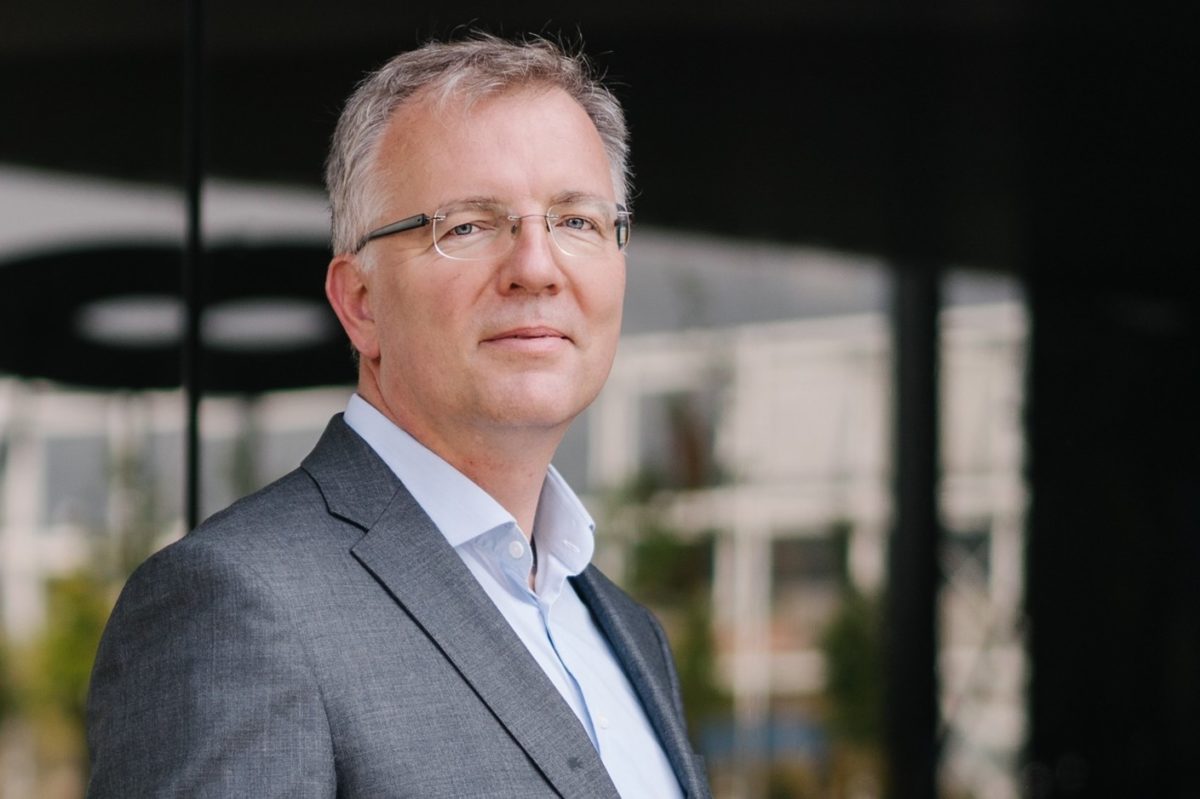 “Reuse is one of the answers to the scarcity of natural resources and the limited availability of energy resources at moderate prices,” explains Charles-Albert Florentin, Cluster Manager – CleanTech at Luxinnovation, who coordinated this study.
“Reuse is one of the answers to the scarcity of natural resources and the limited availability of energy resources at moderate prices,” explains Charles-Albert Florentin, Cluster Manager – CleanTech at Luxinnovation, who coordinated this study.
Although currently representing only a small percentage of construction activity in Europe, the reuse of materials is likely to gain momentum in the coming years, with evolving legislative and regulatory changes.
Initiated in collaboration with Luxembourg Institute of Science and Technology (LIST), which was working on a standard pre-demolition inventory process on behalf of the Ministry of the Environment and the Ministry of Energy and Spatial Planning, this study quickly incorporated a social and solidarity dimension, heavily present in economic models developed in some European countries leading in this field, such as Belgium and France.
Reuse is one of the answers to the scarcity of natural resources and the limited availability of energy resources at moderate prices
Supported jointly by three ministries (Economy; Energy and Spatial Planning; Environment, Climate and Sustainable Development), the study had four objectives:
- identifying key players in the value chain and modelling current interactions between stakeholders and the flow of products and materials from deconstruction;
- defining regulatory obstacles and possible solutions to overcome them;
- studying existing models in Europe and drawing inspiration from best practices in the Greater Region;
- proposing three economically viable national platform models in the medium and long term.
“One key point highlighted in the study is the waste notion,” states Charles-Albert Florentin. “The foundation of reuse is never to consider a material as waste. In a multi-story building, this can represent hundreds of items that can be reused in similar functions, including materials from joinery, interior finishes, equipment, and structural wood. The traceability of these elements then becomes crucial.”
Discussions are ongoing
In France, the Scientific and Technical Center for Building (CSTB) has developed a list of 29 classifications of materials suitable for reuse, which are not categorised as “waste” and are subject to strict regulations on transport and treatment.
These range from interior joinery to thermal and acoustic insulation, as well as plumbing, electrical and locksmith components, and timber and metal frameworks and structures.
At present, such a nomenclature does not exist in Luxembourg, and discussions are ongoing to establish such a list of materials, which could facilitate their reuse and even their cross-border circulation. Currently, some “active” materials on one side are classified as “waste” on the other side.
“The idea would be to create a platform that could manage the flow of such materials, both incoming and outgoing,” explains Mr. Florentin. Such a project would primarily require a storage space (ideally 3,000 m2), which is not yet available. “The Ministry of the Economy is closely monitoring and supporting this project and is actively seeking solutions.”
The ball is now in the court of public and private stakeholders, with some already involved in developing virtual platforms for the trade of reused materials.


